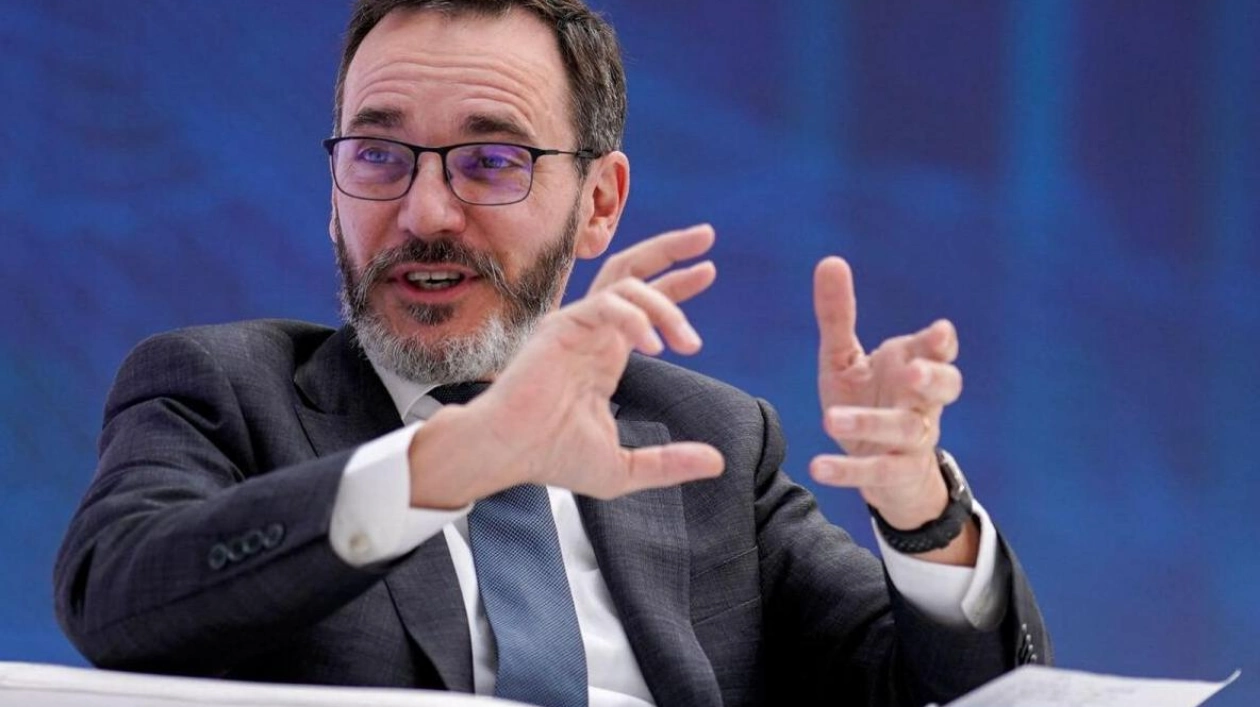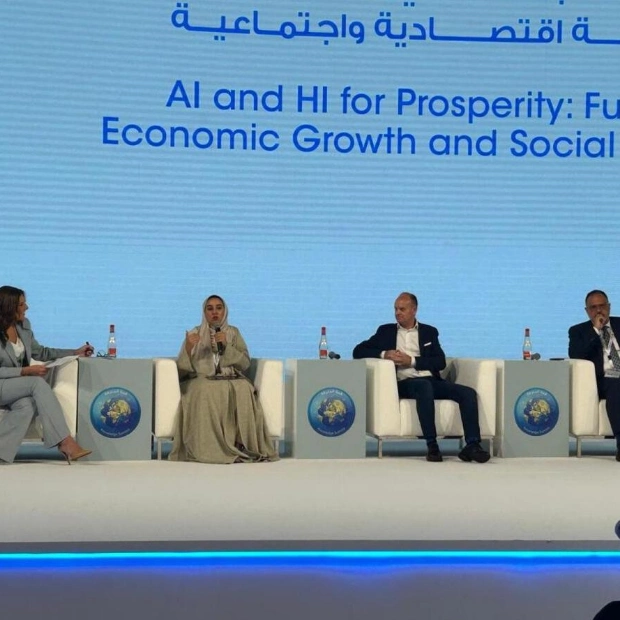Pierre-Olivier Gourinchas, the chief economist for the International Monetary Fund, speaks during an IMF roundtable in Washington. — Reuters file
The United States is on the brink of achieving a soft landing, a rare accomplishment of curbing inflation without triggering a prolonged recession, according to the IMF's chief economist in an interview with AFP. Pierre-Olivier Gourinchas discussed this ahead of the release of the International Monetary Fund's flagship World Economic Outlook (WEO) report on the global economy. The WEO report forecasts a slight deceleration in global growth over the next two years, driven by slower growth in China and India, while the US economy remains robust and the eurozone continues to expand at a slower pace. Despite sustained US growth, inflation has been gradually easing towards the Federal Reserve's long-term target of two percent, and the labor market has cooled but remains resilient.
"I believe for the US, we are very close," Gourinchas said when asked if the Fed had successfully managed a soft landing. "Globally, we are witnessing an inflation trend that is nearing central bank targets within the next year," he added. Gourinchas noted that several supply-side factors have bolstered the US economy, including strong productivity data and a significant increase in foreign-born workers, which has supported growth without intensifying inflation. However, this surge in immigration has sparked controversy in the United States, particularly as former President Donald Trump has made it a focal point in his campaign leading up to the November 5 presidential election.
Gourinchas emphasized that the primary challenge for China's economy is its struggling real estate sector, a crucial growth driver for the world's second-largest economy. "To revive growth in China, addressing the property sector is essential," he said, suggesting that China must also develop its domestic growth engines. China's high household savings rate, partly due to the lack of a robust safety net, could be addressed by implementing such measures, which would encourage domestic spending and support medium-term growth.
India's recent period of rapid growth is also showing signs of slowing as pandemic-related pent-up demand diminishes, according to the IMF's WEO report. Gourinchas advised India to focus on deepening market integration and enhancing human capital to sustain its growth momentum. Russia's economy has remained surprisingly resilient despite the ongoing conflict in Ukraine. The IMF has revised its outlook for Russia upwards, predicting 3.6 percent growth this year and 1.3 percent in 2025. However, Gourinchas noted that Russia is now facing increasing price pressures as it balances domestic needs with the demands of a war economy.
Source link: https://www.khaleejtimes.com






